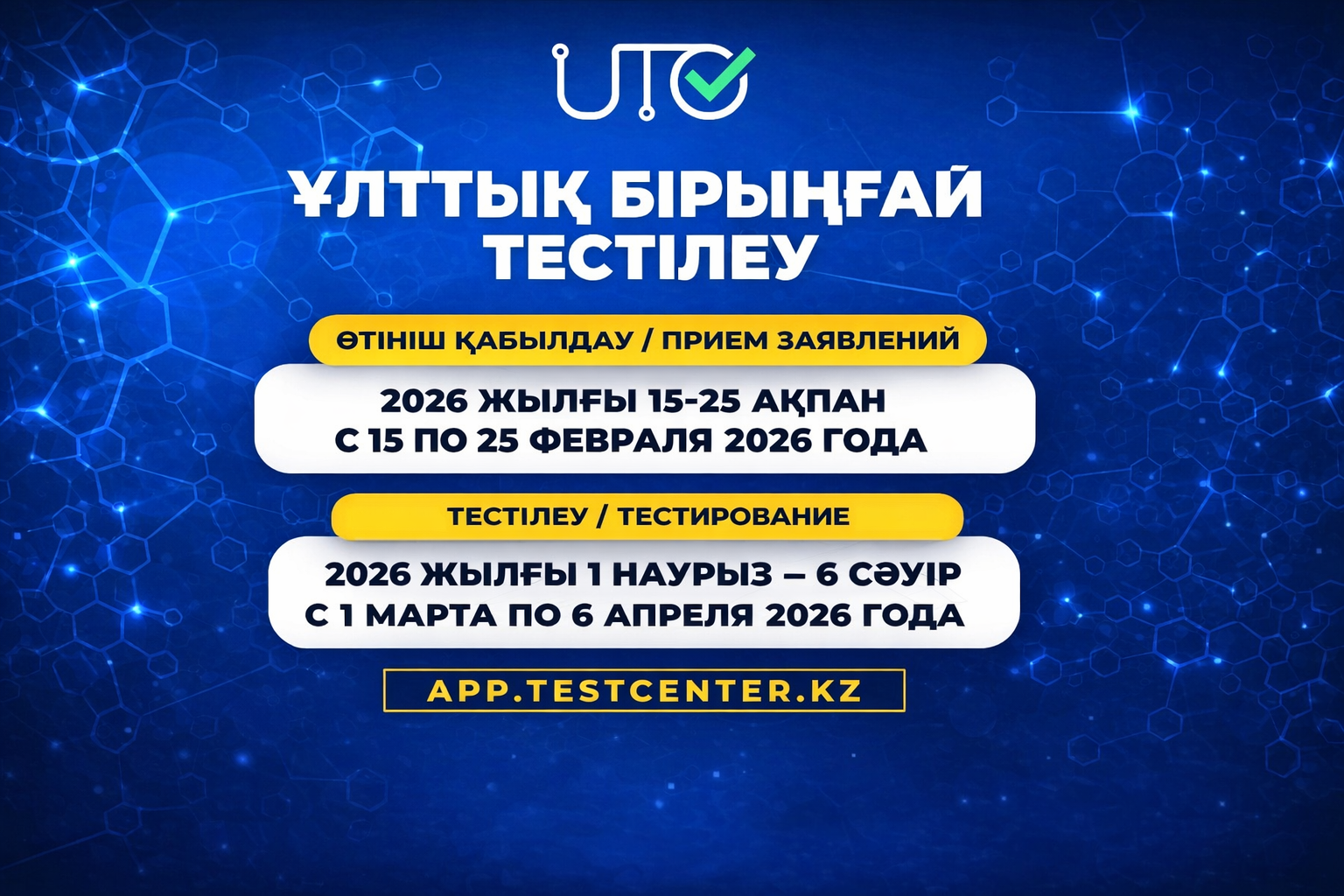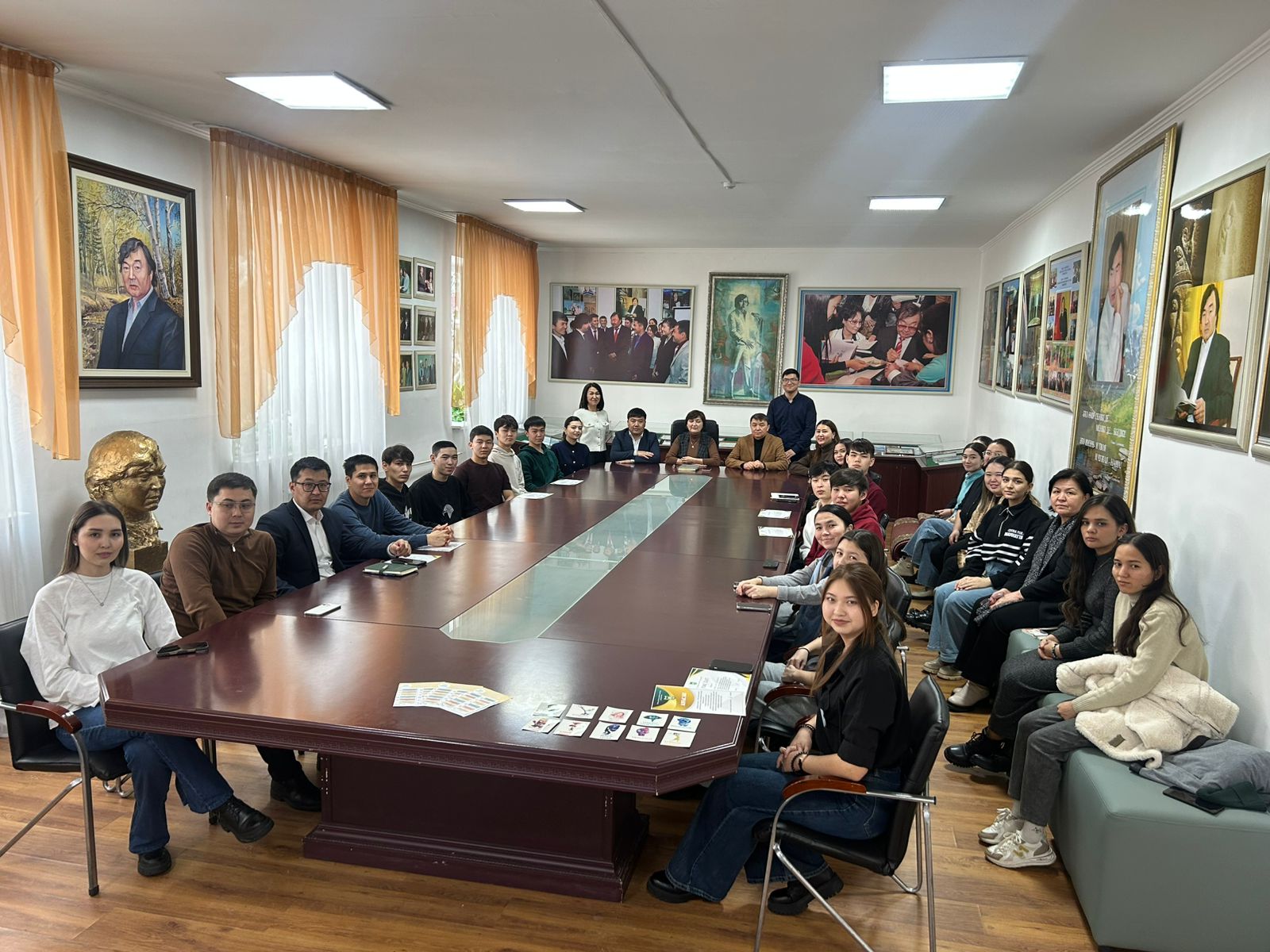REVIVAL OF APORT TO THE INTERNATIONAL LEVEL

It is known that the mountains of the Trans-Ili and Zhungar Alatau are the genetic homeland of apples. For example, the Sievers apple tree has become one of the progenitors of cultivars with an inexhaustible source of genes used to breed new varieties and rootstocks. American scientists have identified marker genes of this species, found in almost all cultivars. Scientists at Cornell University, led by Gennaro Fazio, developed a new group of rootstocks of the Geneva series, which became the starting point for an innovative revolution in modern fruit growing.
Kazakh scientists, in turn, have bred a group of rootstocks of the Zhetysu series, which has also proven itself in Kazakh gardens and is currently being tested by Italian fruit growers.
This was stated during a meeting of a group of international experts who participated in an international conference on the theme: " Biodiversity and ecosystem services as an integral component of sustainable development."
The conference was attended by the Consul General of the Federal Republic of Germany to the Republic of Kazakhstan Mario-Ingo Soos, the Chairman of the Committee on Agrarian Affairs of the Majilis of the Parliament of the Republic of Kazakhstan Serik Egizbaev, the Representative of the UN Department of Global Communications Vlastemil Samek, leading experts and scientists from Kazakhstan, Germany, Kyrgyzstan and China.
According to the Rector of KazNARU, academician of the National Academy of Sciences of the Republic of Kazakhstan Akhylbek Kurishbaev, in recent years, the university, together with the German Federal Environmental Protection Fund, has been implementing the ALMA project to preserve the biodiversity of endemic apple trees and Sievers varieties, old apple orchards in the mountainous regions of Kazakhstan and Kyrgyzstan.
“This project was created as a result of a thorough study and analysis of the best international experience in accordance with generally recognized scientific norms and standards. Scientists have studied in detail the possibilities of preserving the unique Sievers apple species and proposed a set of measures for its practical use. It is necessary to preserve the existing wild fruit forests and restore those lost as a result of human activities, maintain the genetic purity of the species and combat genetic erosion,” Akhylbek Kurishbaev emphasized.
An important element of the project is not only biodiversity, but also the conservation of autochthonous, i.e. native varieties, some of which have not yet been certified. In Kazakhstan, only one autochthonous variety "Grushevka Vernenskaya" is registered, which is distinguished by its original shape and taste. As part of the new project, scientists have begun restoring old varieties of fruit crops and breeding new ones. This work has already received a positive response among farmers. All of them
are superior to foreign varieties in their adaptability, taste and qualities. The project is also very important for the revival of the famous Kazakh apple brand “Aport”.
Soon such well-known varieties as Renet Burchardt and Renet Landsberg (summer and winter lemon), Stolovka, Pestrushka, bred in the middle of the 20th century by the Kazakh Research Institute of Fruit Growing and Viticulture, will reappear on the shelves and will delight the people of Kazakhstan. According to scientists, for their reproduction, the laboratory of microclonal propogation operating at KazNARU can be used.
Akhylbek Kurishbaev also proposed the creation of a National Bank of Plant and Animal Genetic Resources in Kazakhstan to ensure food security and sustainable development of agriculture. The creation of the Genetic bank will increase the competitiveness of domestic agricultural products not only in the agro-industrial complex of the republic, but also in Central Asia through the creation of systems for the mobilization, monitoring, conservation, restoration and rational use of genetic resources.
The ALMA project coordinator, professor of the Dresden Technical University, CEO of NETSCI GmbH, Dr. Matthias Kramer, in his report "Planetary boundaries and sustainability goals - biodiversity and ecosystem services as the basis for economic growth" emphasized the timeliness and importance of the work carried out.
He has repeatedly visited Almaty and is engaged in breeding new varieties and studying the diversity of apples. Fascinated by the resistance of the wild Sievers apple tree to various diseases, he has already grown an apple orchard in his homeland from cuttings and seeds of clone varieties. According to him, the ongoing joint work of the three countries in the field of biodiversity will lead to great prospects for the agro-industrial complex.
“We discussed this problem many times at different meetings, I want to remind you once again: the Sievers apple tree, which miraculously survived only in Kazakhstan and Kyrgyzstan, is a national treasure! If Kazakhs and Kyrgyz people stake on the Sievers apple tree, they will receive not only an additional export product, but also new jobs, and your apples will become famous all over the world,” said Dr. Matthias Kramer.
The speakers noted that under conditions of environmental pollution, climate change, the natural gene pool, as well as varieties derived from it and well-known in the world, may lose immunity. Thus, the Chairman of the Board of the Kazakh Research Institute of Plant Protection and Quarantine, named after Zhazken Zhyembayev Bakhytzhan Duysembekov voiced the urgent problems of protecting the Sievers apple tree from especially dangerous and quarantine pests and diseases.
“First of all, this is a direct human impact on the natural habitat of the Sievers apple tree. For example, according to UN data, in 1934 the area of apple forests in the Small Almaty Gorge alone was 190 hectares, and in 2004 it decreased to 9 hectares. In Zhungar Alatau, due to the remoteness of settlements and the absence of anthropogenic stress, apple orchards were able to survive. At present, the total area of apple forests in
the Trans-Ili and Zhungar Alatau is 14,037 hectares,” Bakhytzhan Duysembekov emphasized.
In order to ensure the development of the fruit industry and the food security of people, it is necessary to preserve these natural genetic resources, the natural repository of which are high-mountain wild fruit forests. To solve the problem of conservation of the Sievers apple tree, complex and coordinated work is also required between various participants, including government, research, educational, and international organizations.
This international conference has become an important platform for the exchange of information on the issues of biodiversity and climate change, the protection of the Sievers apple tree from especially dangerous and quarantine pests and diseases, the unification of nature conservation, the impact of global factors on regional value chains and biodiversity, etc.
At the end of the conference, the grand opening of the Kazakh-German Institute for the Protection of Ecosystems and Biodiversity "KaGEB" on the basis of KazNARU and the signing of a Memorandum of Cooperation between KazNARU and KaGEB took place.
Press service of KazNARU


.jpeg)
.jpeg)
